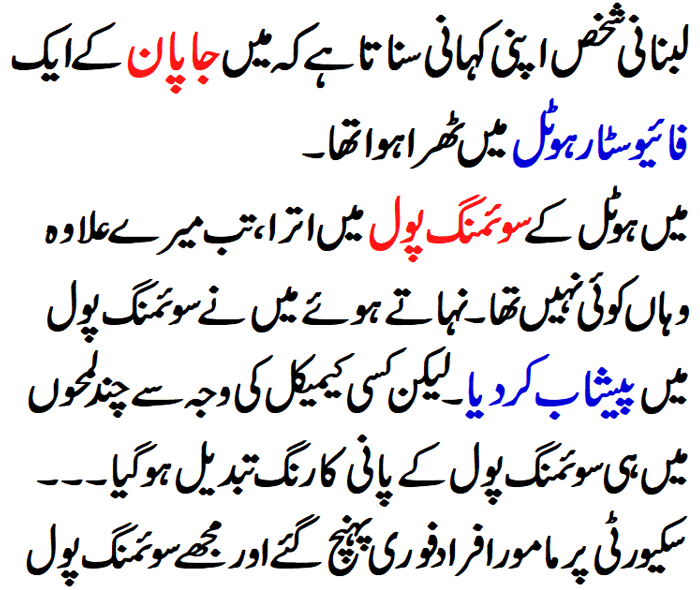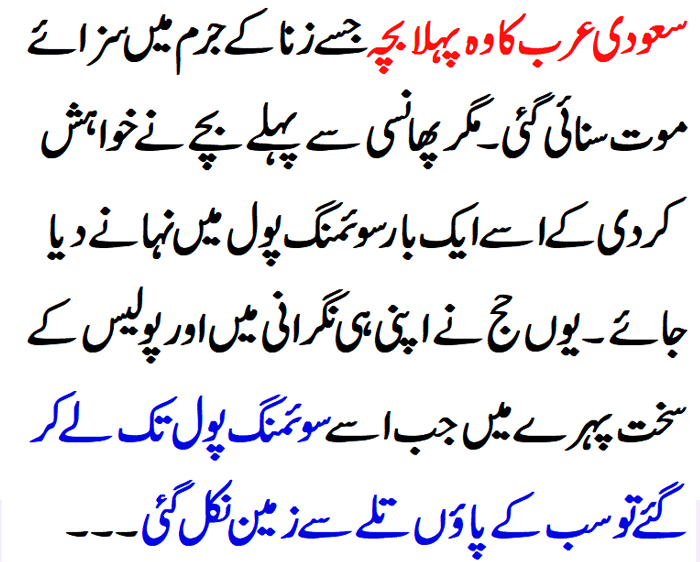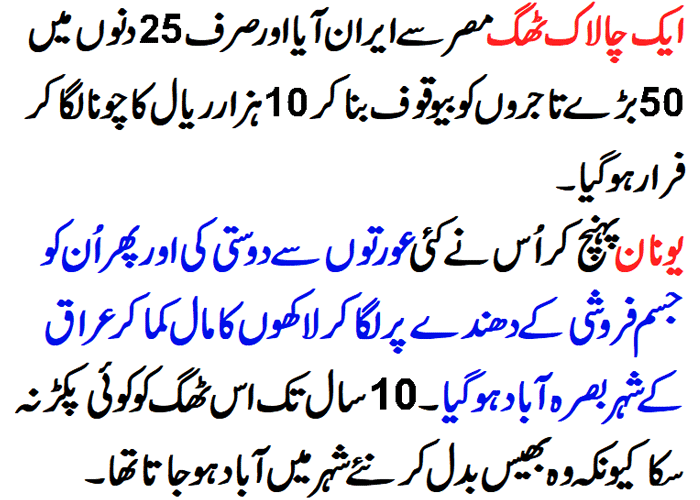
Our bodies need essential nutrients to function properly, but our fast-paced lives make it easy to overlook them. Zinc and magnesium play vital roles in maintaining women’s health. Both minerals are essential for various bodily functions, yet many women might not be consuming enough through their diets.
Why Zinc and Magnesium Are Important
Zinc and magnesium are two minerals that our bodies cannot produce on their own, which makes it necessary to obtain them through food. While they are required in smaller amounts compared to macronutrients like protein or carbohydrates, their effects are wide-ranging and crucial for overall well-being.
Zinc: Zinc is a trace element that plays a role in immune function, wound healing, DNA synthesis, and protein production. It’s also essential for proper growth and development. In women, zinc supports reproductive health and hormone balance.
Magnesium: Magnesium is involved in over 300 biochemical reactions in the body. It helps maintain muscle and nerve function, supports the immune system, keeps bones strong, regulates blood sugar levels, and promotes normal blood pressure. Magnesium also aids in protein synthesis, energy production, and cardiovascular health.
Both minerals are necessary for women’s health at all stages of life, from puberty through menopause, and their importance only increases as women age.
Health Benefits of Zinc for Women
Boosts Immunity Zinc is essential for a healthy immune system. It helps your body fight off invading bacteria and viruses. This is particularly important for women, as they are often juggling multiple roles that can leave them more vulnerable to stress-related illnesses. Adequate zinc intake ensures that the immune system functions properly, reducing the risk of infections and common illnesses like colds.
Supports Reproductive Health Zinc is crucial for women’s reproductive health, particularly during pregnancy. It plays a role in cell division, which is critical during fetal development. Zinc deficiency during pregnancy can lead to complications such as premature birth or low birth weight. Even outside of pregnancy, zinc helps regulate hormones and menstrual cycles, promoting reproductive health and fertility.
Aids in Skin Health For women who are concerned about their skin, zinc can be a game-changer. It plays a vital role in collagen synthesis, which helps keep the skin firm and elastic. Zinc also has anti-inflammatory properties that can help in managing acne and other skin conditions. It promotes wound healing and protects against sun damage, making it an important nutrient for overall skin health.
Improves Mood and Cognitive Function Zinc is known to play a role in brain function and mood regulation. Deficiency in zinc has been linked to mood disorders such as depression and anxiety. Women, especially during hormonal changes, may experience mood swings or mental health challenges, and zinc can help stabilize mood by supporting brain function.
Health Benefits of Magnesium for Women
Reduces PMS Symptoms Many women suffer from premenstrual syndrome (PMS), which can cause mood swings, cramps, bloating, and fatigue. Magnesium helps alleviate these symptoms by reducing inflammation and relaxing the muscles. It also helps regulate neurotransmitters that affect mood, making it a natural remedy for PMS symptoms.
Supports Bone Health While calcium often gets the spotlight for bone health, magnesium is just as important. It helps regulate calcium levels and plays a role in the structural development of bones. As women age, they are at higher risk for osteoporosis, and magnesium can help maintain bone density and strength, reducing the likelihood of fractures.
Relieves Migraines Women are more likely than men to suffer from migraines, often triggered by hormonal changes. Magnesium has been shown to reduce the frequency and severity of migraines. It helps relax blood vessels and reduce inflammation, both of which contribute to migraine relief.
Promotes Heart Health Magnesium plays a crucial role in heart health by helping to regulate blood pressure and support normal heart rhythms. Women who consume adequate magnesium have a lower risk of developing hypertension (high blood pressure) and heart disease. Magnesium also helps prevent the buildup of plaque in arteries, reducing the risk of atherosclerosis and heart attacks.
Best Foods Rich in Zinc and Magnesium
To reap the health benefits of zinc and magnesium, it’s important to incorporate foods rich in these minerals into your diet. Here are some of the top food sources:
Zinc-Rich Foods
Pumpkin Seeds: One of the best plant-based sources of zinc, pumpkin seeds are also rich in antioxidants, making them a great snack for overall health.
Chickpeas: Legumes like chickpeas are not only rich in protein but also packed with zinc, making them an excellent choice for vegetarians.
Oysters: Among animal-based foods, oysters are the richest source of zinc. They provide more zinc per serving than any other food.
Nuts: Nuts like cashews and almonds are a good source of zinc and make for a nutritious, convenient snack.
Eggs: Eggs contain moderate amounts of zinc and offer a balance of other essential nutrients like protein and healthy fats.
Magnesium-Rich Foods
Dark Leafy Greens: Spinach, kale, and Swiss chard are excellent sources of magnesium. These vegetables are also packed with fiber, vitamins, and antioxidants.
Avocados: Rich in healthy fats, avocados are also a good source of magnesium. They’re perfect for adding creaminess to salads or smoothies.
Whole Grains: Brown rice, quinoa, and whole wheat are not only good sources of fiber but also provide significant amounts of magnesium.
Legumes: Beans, lentils, and peas are rich in magnesium and offer plant-based protein, making them a valuable addition to a balanced diet.
Fatty Fish: Fish like salmon, mackerel, and tuna are not only rich in omega-3 fatty acids but also provide a good dose of magnesium.
How Much Zinc and Magnesium Do Women Need?
Zinc: Women over the age of 19 need about 8 milligrams of zinc daily. Pregnant and breastfeeding women require slightly higher amounts—around 11-12 milligrams per day.
Magnesium: The recommended daily intake of magnesium for women varies by age, but in general, adult women need about 310-320 milligrams per day. Pregnant women need around 350-360 milligrams per day.
Conclusion
Zinc and magnesium are essential minerals that play crucial roles in maintaining women’s health. From supporting immunity and reproductive health to promoting strong bones and alleviating PMS, these minerals offer a range of benefits. By incorporating zinc- and magnesium-rich foods into your diet, you can ensure that your body gets the nutrients it needs to function optimally. Whether through leafy greens, seeds, nuts, or seafood, boosting your intake of these important minerals can lead to better overall health and well-being.






